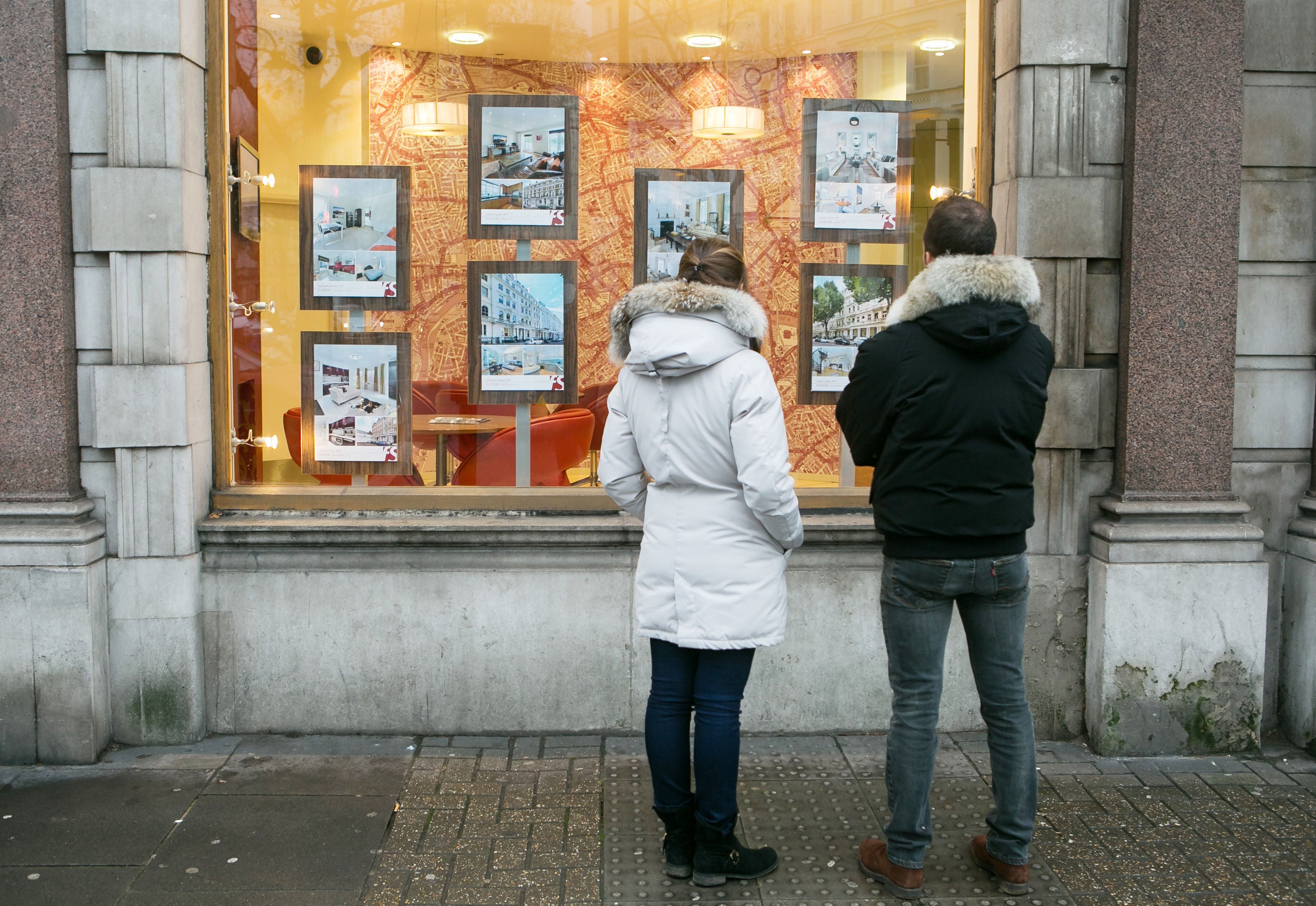Bank of mum and dad fuels financial inequality – with more than property
‘Parents have become the gatekeepers to their children’s adulthood’, study finds as figures show the top 1 per cent of the population holds more financial wealth than the bottom 80 per cent

Think parent handouts and a property ladder boost comes to mind – those with the cash available set their kids up with a deposit for their first home, sometimes even the second step too.
But the bank of mum and dad doesn’t stop there these days, with more than half the UK’s parents contributing towards university costs, half allowing adult children to stay at home rent-free, and almost the same number stumping up for a car.
A quarter of parents are still setting aside cash for adult offspring in savings accounts and ISAs. One in 10 is even contributing to a pension, which is all great if you have the means.
“Parents have become the gatekeepers to their children’s adulthood; the wealth level of the previous generation ultimately determining which milestones are achievable and which are not,” says Becky O’Connor, head of pensions and savings at investment platform Interactive Investor.
“The scale of the assistance also demonstrates how the odds are stacked against those whose parents can’t help when it comes to wealth accumulation.
“It’s an economic dependence that can have practical and emotional consequences, both for the parents, who may not have foreseen having to support their children quite so far into adulthood, and for the children, who may want to be financially independent but find they cannot yet manage it. It also has social consequences, for instance, through young adults delaying having children or choosing not to go to university.”
Researchers at Loughborough University believe more than 3.5 million young adults (aged 20-34) live at home in Britain, placing a massive strain on family finances among low to middle-income families, which isn’t alleviated by the state.
The study, funded by abrdn Financial Fairness Trust, found that the high cost of alternative housing, difficulty finding stable work, and insecure, low income means many young adults feel they have no option but to live with their parents. The pandemic has highlighted and exacerbated issues they already face, making the prospect of moving out even more difficult.
But families on low incomes can lose up to £680 a month in universal credit (UC) and child benefit when a child leaves secondary level education or training and stops being considered “dependent” – usually at the age of 18.
The greatest of these “sudden cliff-edge losses” are experienced by working parents who are owner-occupier – around one in four of those claiming UC – when their only or last child becomes non-dependent. This is only partially offset by the amount a young person aged 18 can claim on UC, which is £257 a month. The benefits system assumes young people will start contributing to household finances but often they have limited means to do so, especially if they are not working.
Parents receiving social security benefits who live in rented housing are penalised for having grown-up children living with them, through a reduction in support for their rent – for those on universal credit this is a reduction of £75 a month if their child is 21 or over.
The young adult is expected to make up the shortfall, but if they are out of work they get no rent support to pay for this deduction. This means that either young adults have to use money from their basic benefits or their parents have to cover the reduction – both of which risk hardship for low-income families.
However, though it seems hard to believe when faced with such a stark reinforcement of financial circumstances with each passing generation, the latest figures from the Office for National Statistics suggest the UK’s wealth divide isn’t currently widening. Or at least it wasn’t when the survey, examining Great Britain’s “total wealth”, was conducted between 2018 and 2020.
The gap is already huge though, says Sarah Coles, senior personal finance analyst for Hargreaves Lansdown. “The richest 10 per cent of households hold 43 per cent of all the wealth, and the least well-off half of the country holds just 9 per cent of the wealth. The mega-wealthy 1 per cent of the country has an average of £3.6m in assets.”
Crucially, although pensions make up a major part of the difference, whether you have made it onto the property ladder also drives a huge divide between the most and least wealthy. Property wealth is the second biggest component of wealth overall – at 36 per cent.
“The very wealthiest are much more likely to own their home outright, while those with fewest assets are likely to be struggling to buy their first property,” Coles notes. “It’s one reason why older people have far more wealth than younger people, who have a mountain to climb to afford their first property.”
Financial wealth, including investments and savings, make up 13 per cent of wealth, but the richest households are far more likely to hold this kind of asset. The top 1 per cent of households have more financial wealth than the entire bottom 80 per cent of the population.
“Of course, a huge part of this is the fact they have more to invest to begin with. However, they have also benefited from growth on their investments over the years. It demonstrates the power of saving and investing over the long term,” says Coles.
Subscribe to Independent Premium to bookmark this article
Want to bookmark your favourite articles and stories to read or reference later? Start your Independent Premium subscription today.

Join our commenting forum
Join thought-provoking conversations, follow other Independent readers and see their replies